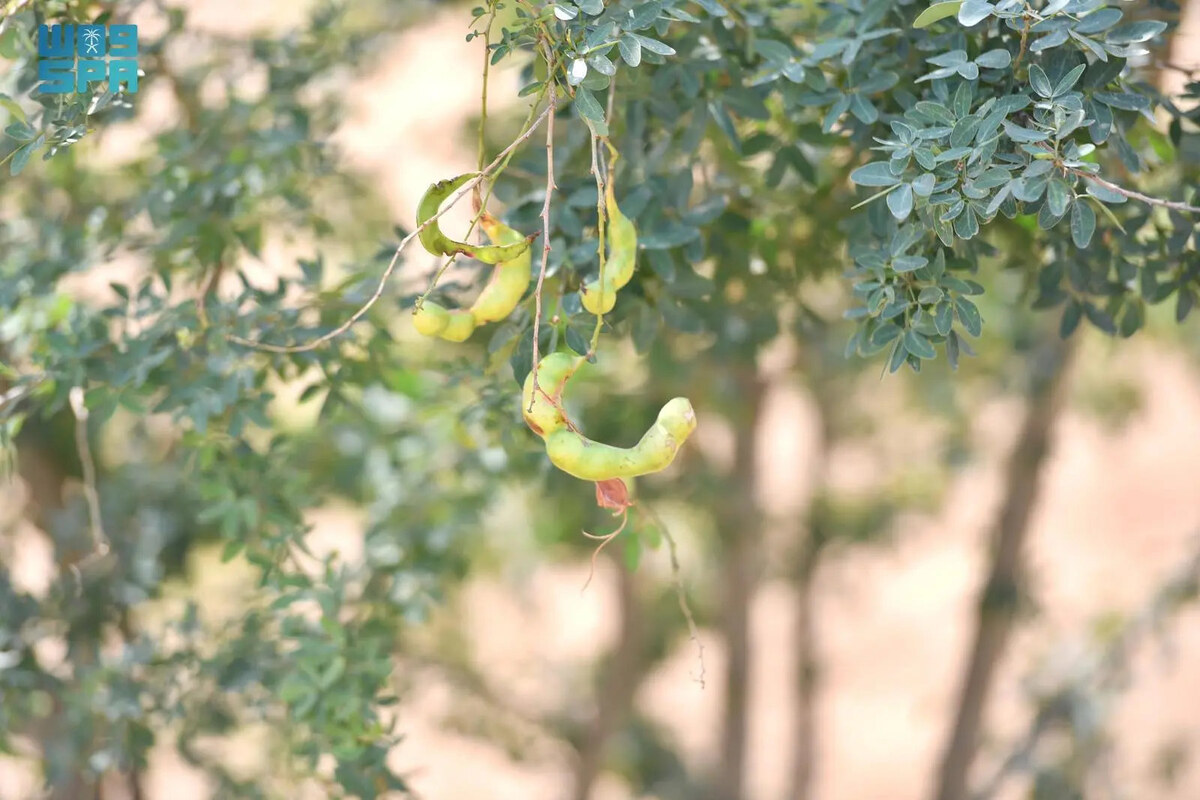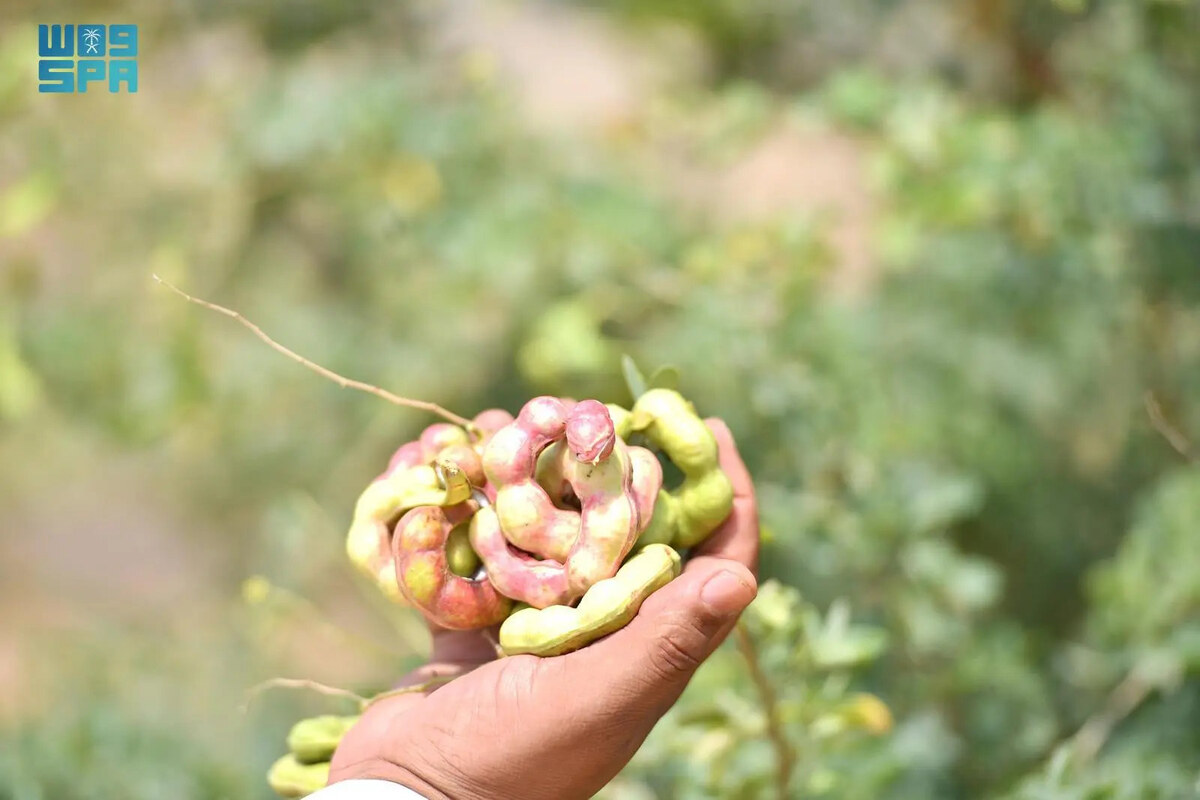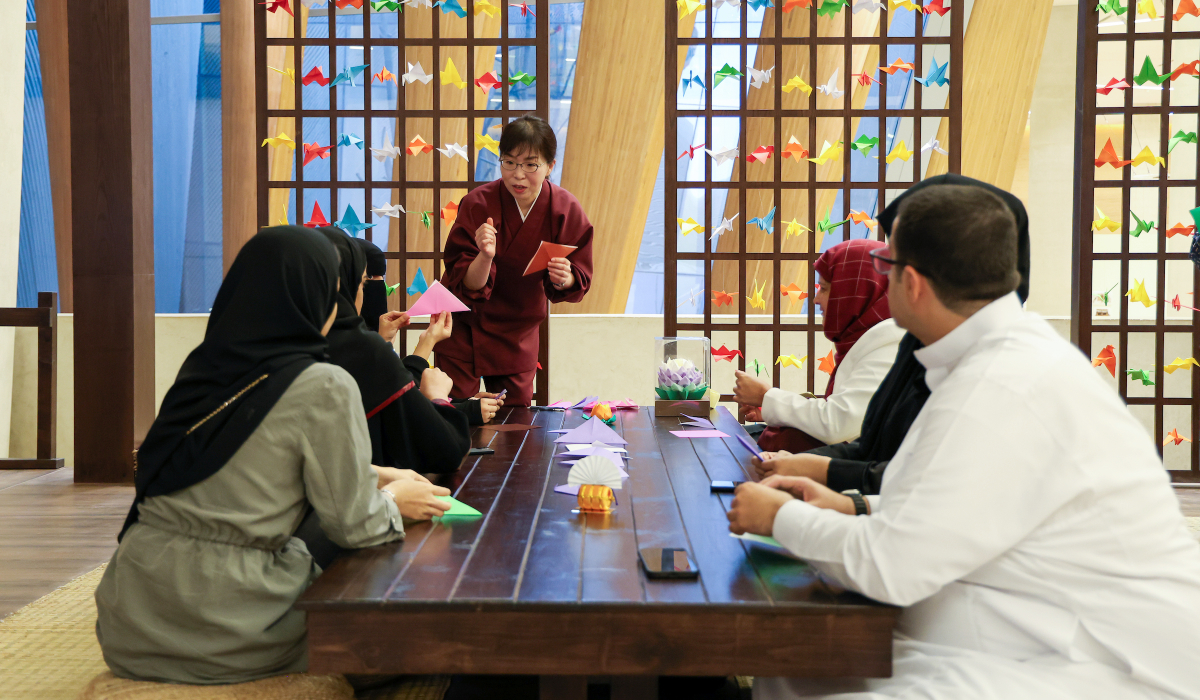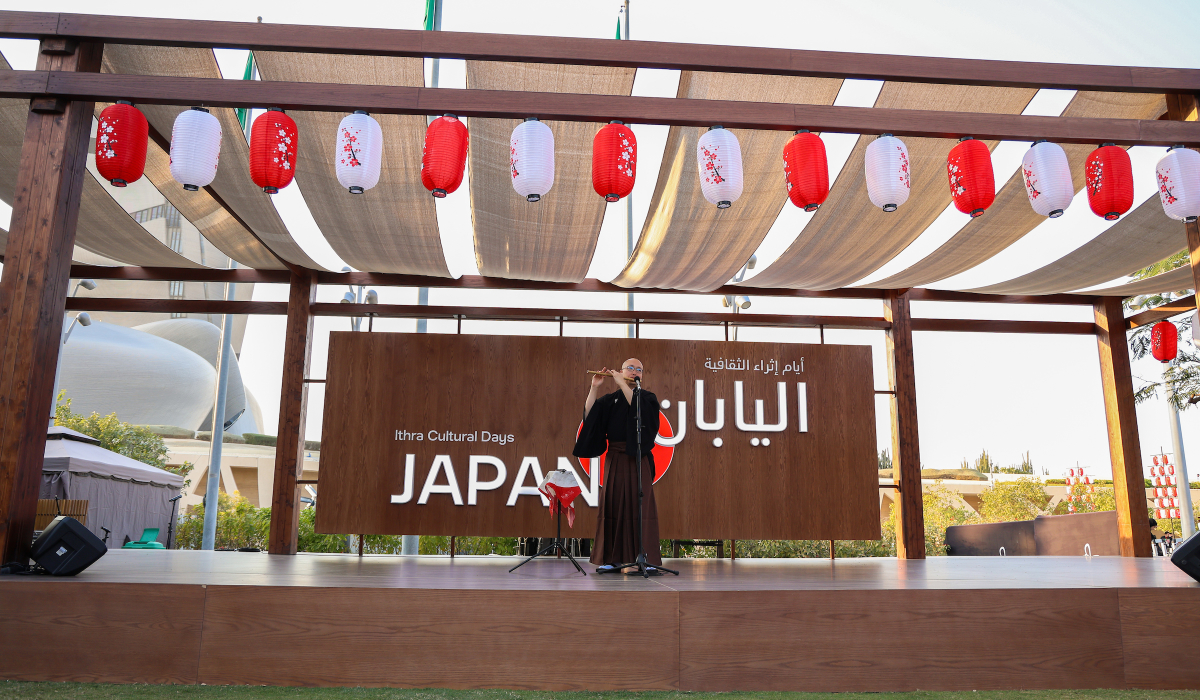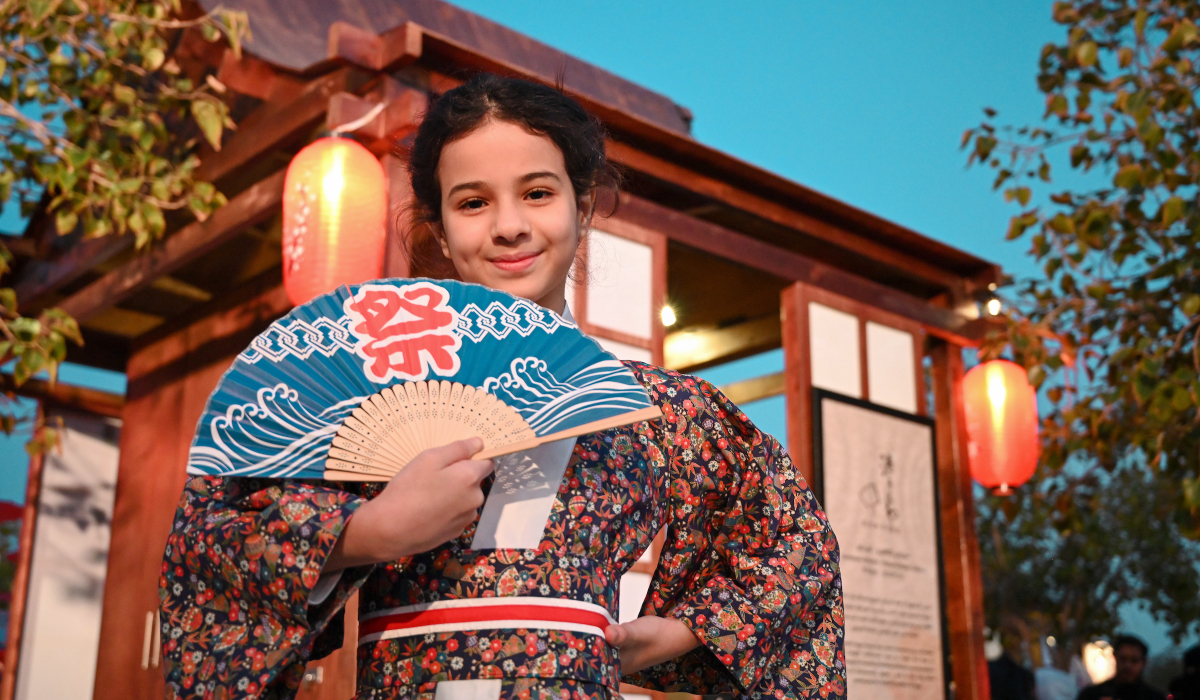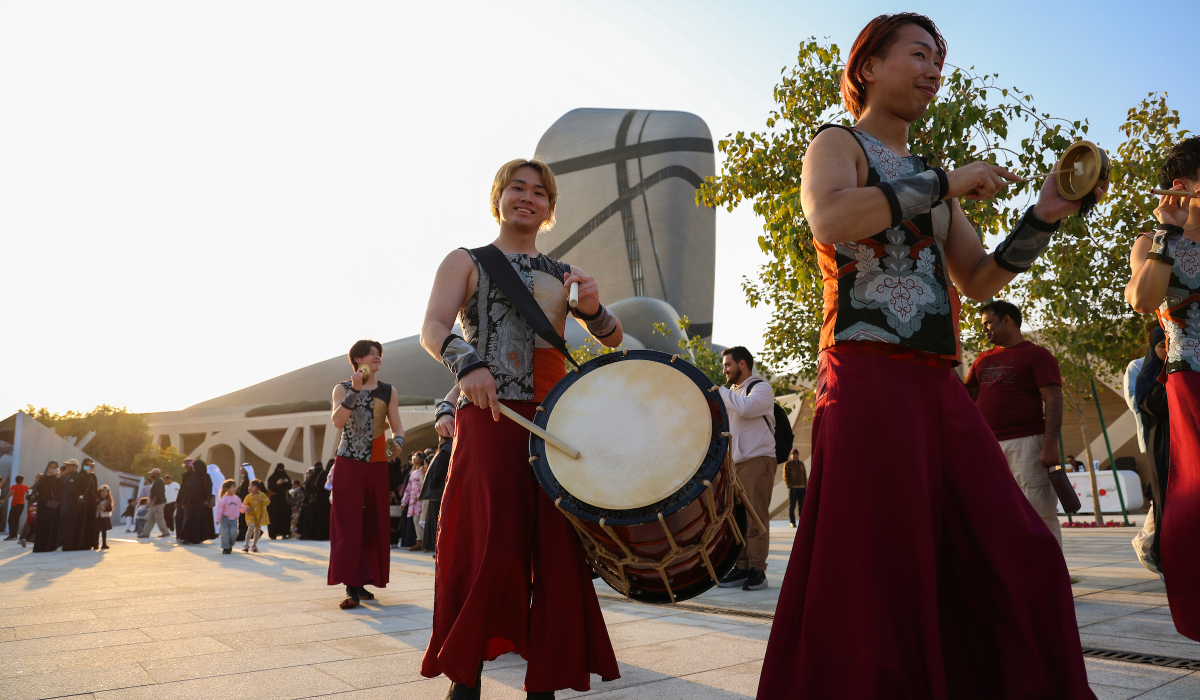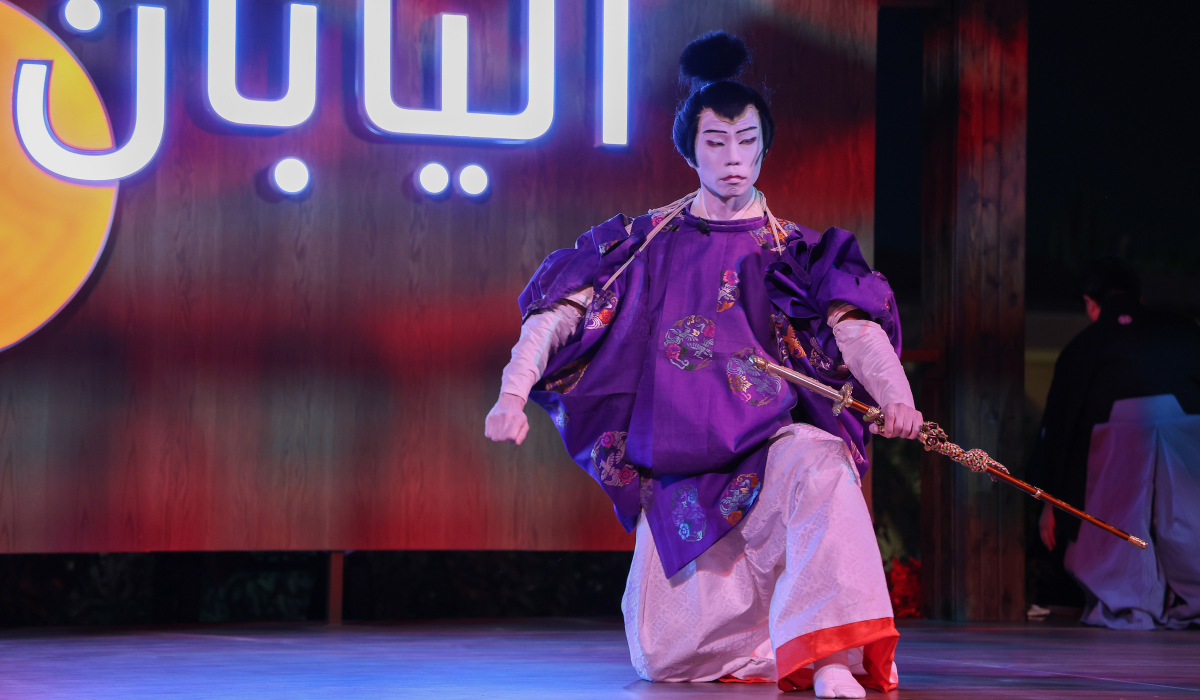JEDDAH: The 23rd regular session of the Independent Permanent Human Rights Commission of the Organization of Islamic Cooperation began on June 30 and will continue until July 4 in Jeddah.
All OIC member and observer states are attending, including their national human rights institutions, experts from international and regional organizations, and senior officials of the OIC General Secretariat.
Noura bint Zaid Al-Rashoud, OIC-IPHRC executive director, said in her opening speech: “The commission faces many significant challenges, especially in combating Islamophobia and protecting the human rights guaranteed to Muslim minorities, women and children.
“In this context, it is necessary to note that the OIC region is grappling with a number of complex human rights issues, and it is our duty to engage in cooperative efforts to address each of these emerging issues appropriately.
“The most urgent and emerging issue today is the human rights and humanitarian crisis in Gaza, which requires us to pay more attention,” Al-Rashoud added.
She said that the secretariat will draft a comprehensive statement that highlights the results of the high-level meeting and the deliberations that will take place during the closed sessions of the working group on Palestine.
Hissein Brahim Taha, OIC secretary-general, said that “humanity stands on the brink of a new revolution” due to artificial intelligence, which will “transform our approach to life, living, thinking and working.”
AI is revolutionizing almost every aspect of human existence, from healthcare and education, to transportation and communication, Taha added.
He said that Islamic history is rich in scientific heritage, with Muslims pioneering study in a range of fields. The complex algorithms that form the foundation of today’s AI are a result of the sophisticated equations that Muslim scholars, such as Al-Khwarizmi, endeavored to build and develop, he added.
Jassem Al-Budaiwi, Gulf Cooperation Council secretary-general, highlighted the areas of cooperation between the GCC and OIC in safeguarding human rights. The collaboration spans agreements, joint efforts and consultations in human rights, complemented by political coordination to address crises and conflicts in the Islamic world.
Addressing the daily atrocities committed by Israeli occupation forces against Palestinians, particularly in Gaza, Al-Budaiwi highlighted the international community’s failure to protect those in dire need.
He urged renewed joint efforts to confront challenges, notably the Palestinian plight and escalating tensions in Gaza.
The Arab League’s assistant secretary-general, Haifa Abu Ghazaleh, highlighted the transformative potential of artificial intelligence AI in daily life, alongside the pressing challenges that the technology presents.
A memoranda of understanding was signed between the league and GCC aimed at fostering dialogue and collaboration on global human rights challenges.
During the first session, “International/Standard and Islamic Legal Perspectives on Human Rights Concerning Artificial Intelligence" Scott Campbell, senior human rights officer of the UN Office of the High Commissioner for Human Rights; and Dr. Nenden Shanty, director of the training and technical cooperation department at SESRIC, took part.
Shanty said that since many OIC countries are developing national plans to support the adoption and development of AI in their economies.
She provided policy recommendations, saying: “Breaching the digital divide in OIC countries involves a multi-phased approach that begins with assessing the current digital landscape in identifying priority areas, and engaging stakeholders to understand the specific challenges faced by underserved communities.”
Campbell shared the UNHCR’s perspective on these crucial challenges.
“We cannot afford any delay. The world waited too long, for example, on climate change; we should not repeat that mistake. But what can regulation look like? We should begin by addressing the harms that people currently face and are likely to encounter in the future,” he said.
The second session, titled “Institutional Perspectives on Artificial Intelligence: Challenges and Opportunities,” featured speakers including Sheikh Mohammed Ahmed Al-Sabah, president of the Artificial Intelligence Association of Things in Kuwait; Alaa Abdelaal, head of the Digital Foresight Sector at the Digital Cooperation Organization; and Sharon Slater, president of Family Watch International from the US.
Al-Sabah said: “The ethical framework guiding artificial intelligence is of the utmost importance for several reasons, encompassing essential aspects of human rights, societal norms and the potential impacts of AI technology. Constructing AI ethics aims to foster fairness, human justice, trust and equality.”
On Monday, the commission will hold a high-level event titled “International Court of Justice Judgment on Gaza: Implications for the Future and Possible Ways Forward.”
It will analyze the ICJ’s judgment on Gaza, focusing on implementing measures to end the humanitarian crisis and advocating for justice and accountability for human rights violations in the Occupied Palestinian Territories.
Additionally, the commission will sign deals with international and regional organizations to enhance technical cooperation.
From July 2-4, the commission will hold closed meetings of its working groups at the IPHRC Headquarters to discuss civil, political, economic, social and cultural rights in OIC member states, as well as human rights violations in Palestine and India-administered Jammu and Kashmir.











